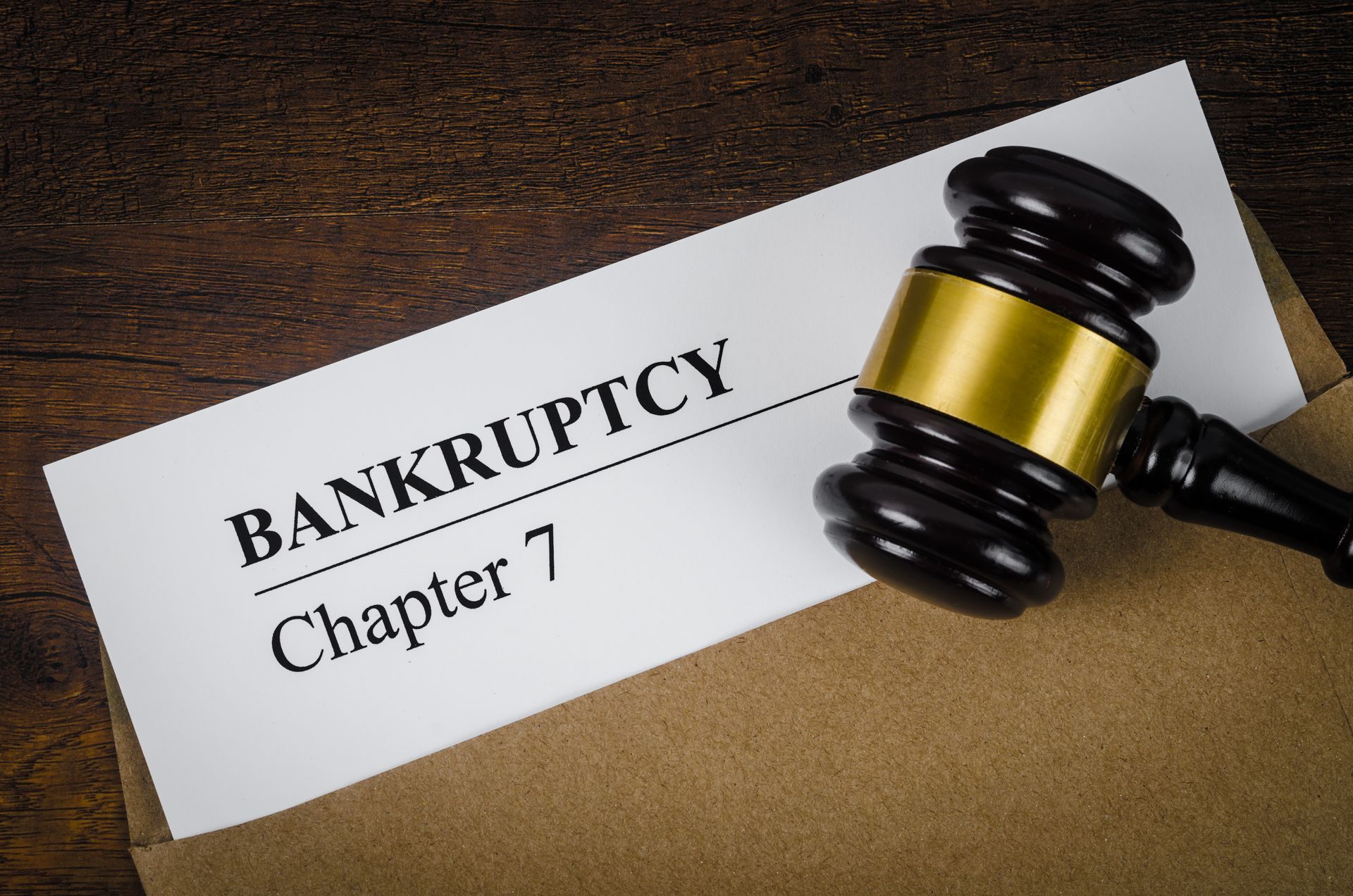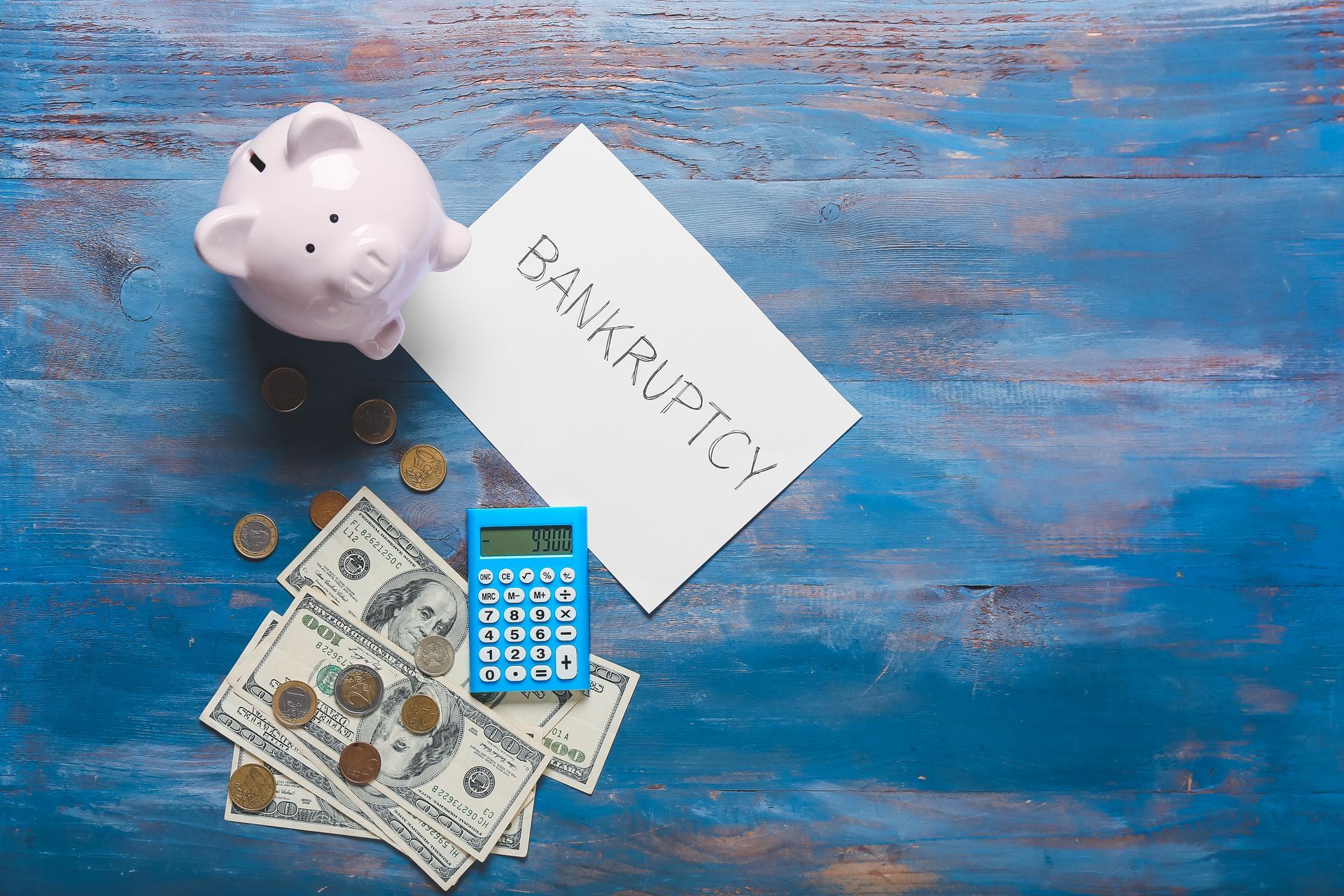Chapter 7 vs. Chapter 13 Bankruptcy in Texas: Which Is Right for You?
Chapter 7 vs. Chapter 13 Bankruptcy in Texas: Which Is Right for You?
If you're struggling with overwhelming debt in Texas, you may have heard about two common options for relief: Chapter 7 and Chapter 13 bankruptcy. Each offers a different path to financial recovery — but choosing the right one depends on your situation, income, assets, and long-term goals.
At J. Gannon Helstowski Law Firm, we work with individuals and families across Texas to evaluate their options and help them take steps toward a more stable financial future. If you’re unsure which chapter is best for your case, this guide will walk you through the key differences, benefits, and considerations.
What Is Chapter 7 Bankruptcy?
Chapter 7 bankruptcy is often referred to as liquidation bankruptcy. It’s typically used by individuals with limited income who cannot afford to repay their debts.
Key Features of Chapter 7:
- Discharges most unsecured debt (like credit cards, medical bills, and personal loans)
- Quick process — often completed in 4 to 6 months
- May require the sale of non-exempt assets, though Texas has generous exemption laws
- You must pass a means test to qualify based on income
Who It’s Best For:
- Individuals or couples with low income
- People with high unsecured debt and few valuable assets
- Those looking for a fast and clean financial reset
What Is Chapter 13 Bankruptcy?
Chapter 13 is also known as reorganization bankruptcy. Rather than wiping out your debts immediately, it allows you to create a 3- to 5-year repayment plan to pay back some or all of what you owe.
Key Features of Chapter 13:
- Allows you to keep your property while catching up on missed payments
- Ideal for stopping foreclosure or repossession
- Payments are made to a court-appointed trustee based on your income
- You must have regular income to qualify
Who It’s Best For:
- Homeowners trying to avoid foreclosure
- Individuals who have assets they want to protect
- People who don't qualify for Chapter 7 due to higher income
How Texas Bankruptcy Exemptions Affect Your Case
Texas has some of the strongest property exemptions in the country, which means you may be able to keep more of your assets — like your home, car, and retirement accounts — even if you file for Chapter 7.
A qualified attorney can help you understand how these exemptions apply and whether your property is at risk.
Which Bankruptcy Option Is Right for You?
Choosing between Chapter 7 and Chapter 13 depends on your financial picture. Ask yourself:
- Do I have income left over each month after basic expenses?
- Am I behind on my mortgage or car payments?
- Do I need immediate relief from creditors?
- Do I want to protect valuable property?
The answers to these questions will help guide your next step — but you don’t have to figure it out alone.
Talk to a Texas Bankruptcy Attorney You Can Trust
At J. Gannon Helstowski Law Firm, we’re committed to helping Texans find the right path forward when debt becomes overwhelming. Whether you’re considering Chapter 7 or Chapter 13, we’ll walk you through your options, answer your questions, and help you move forward with confidence.











